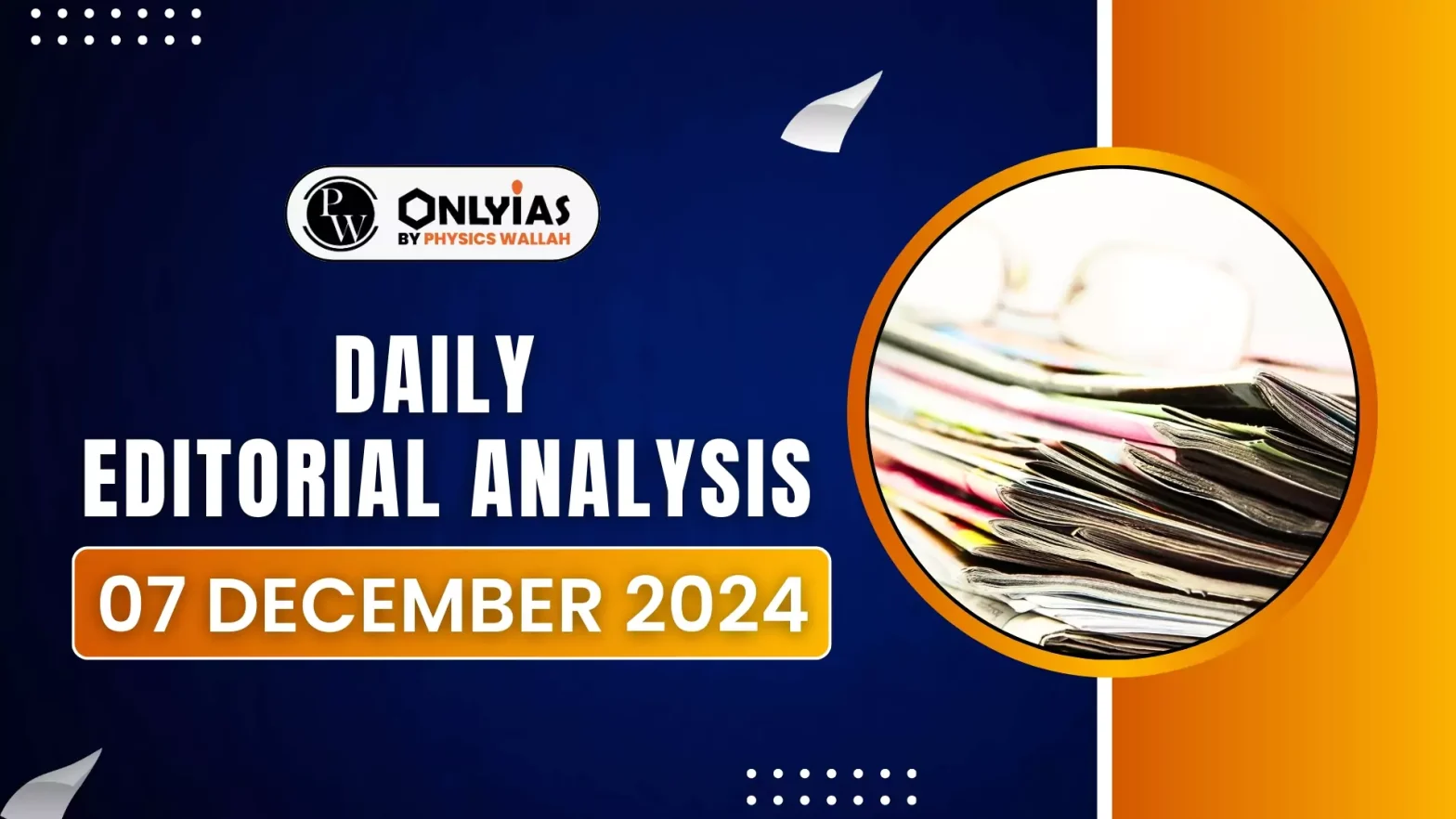Understanding the interplay of public health crises, surveillance, and governance is vital for tackling modern challenges. The 1896 Bombay Plague illustrates how tools like mapping, policing, and control informed public health strategies, offering valuable lessons for today.
The Impact of the Bombay Plague on Colonial India
The 1896–97 Bombay Plague was a catastrophic event in colonial India, originating in Bombay through trade routes with the Far East.
- The epidemic rapidly spread throughout the Bombay Presidency and neighboring regions, eventually claiming over 370,000 lives by 1899.
- The crisis highlighted severe weaknesses in the public health infrastructure of colonial India.
Enroll now for UPSC Online Course
Response and Approaches of Colonial Government
The colonial government established the Indian Plague Commission in 1898, chaired by T.R. Fraser, to investigate the epidemic. The Commission conducted extensive research and produced a detailed report.
- Emphasis on Control Rather Than Public Health: The Indian Plague Commission’s response emphasized control over public health.
- Unlike John Snow’s 1854 cholera map focused on disease spread, their maps highlighted railway lines, quarantine zones, and police cordons to monitor mobility and enforce control.
- For example, the Railway Plague Inspection Stations Map and Chausa Observation Camp Plan prioritized surveillance and policing.
- This reflects colonial priorities that treated the plague as a security issue rather than a public health crisis requiring community-based solutions.
- Policing and the Management of the Plague: Policing was central to managing the plague, with officers enforcing quarantines, monitoring movements, and collecting data.
- Observation camps at railway stations were manned by police, while military ward orderlies supported hospitals and municipalities.
- Police stations became data hubs, with local watchmen (chaukidars) reporting deaths to authorities, reinforcing the role of law enforcement in epidemic control.
| Note: The 22nd Law Commission of India, in its comprehensive review of the Epidemic Diseases Act, 1897, observed that the “unbridled and incongruous powers of the State” under colonial rule led to misuse of power instead of effective disease control. Modern times have seen a shift toward medical professionals assuming surveillance roles, reflecting evolving public health strategies and ethical considerations regarding the appropriate functions of police versus medical personnel. |
Broader Implications for Modern Health Surveillance and Policy
The historical use of surveillance and policing during the Bombay Plague offers valuable insights into modern public health policy and the evolution of surveillance systems.
- Evolution of Surveillance: The shift from police to health professionals in epidemic monitoring reflects improved ethical standards and patient care. Today, surveillance prioritizes health expertise over enforcement.
- Framing Health Problems: Historical focus on control highlights the need for modern policies to center individual and community well-being. Health interventions should prioritize care and rights.
- Ethical Considerations: Colonial control methods raise ethical questions. Contemporary policies must balance effective surveillance with protecting individual freedoms and minimizing inequities.
- Power Dynamics in Health Data: The misuse of data for control during the Bombay Plague underscores the importance of equitable, transparent health data usage to avoid perpetuating inequalities.
- Continuities and Changes: Historical reliance on surveillance and control persists in modern health governance, though improved technologies now focus on transparency and inclusivity in health monitoring and population data collection.
Check Out UPSC CSE Books From PW Store
Conclusion
Today, it is essential to develop public health policies that respect individual rights, promote transparency, and foster trust between governments and communities. Learning from the past, we can create systems that are not only effective but also equitable, ensuring that the health needs of all people are met without reinforcing harmful power dynamics.
![]() 7 Dec 2024
7 Dec 2024
